Solar Energy Part II: Financing Your PV System Project
Posted 8/12/2015, Updated 6/1/2021
The thought of installing a photovoltaic (PV) system in your home may be overwhelming. However, there are many tax credits and incentives at both the state and federal level that can help you fund your project. In our first post in this series we explored how solar works, and now we will provide information about some of the many financing opportunities!
You can estimate how much money you’ll save with your new PV system before it is installed by comparing your annual electricity usage to the energy that will be produced by the system. Although a PV system may not be able to entirely handle your home’s energy usage, it can considerably cut down on your utility needs since you’ll be storing a lot of power in solar reserves.
While installers will give you an exact quote for how much a PV system will cost you (including both hardware and labor), you can use tools like this Solar Calculator to get an idea how much a project will run. There are several reputable databases where homeowners can find a solar installer including the Northeast Sustainable Energy Association and International Brotherhood of Electrical Workers.
In 2021 in Middlesex County, MA, the average solar installation cost is around $15,000.
For a full list and further information, consult DSIRE (Database of State Incentives for Renewables & Efficiency).
Now that you have some background knowledge, read on to discover some options for financing your project!
Federal Solar Investment Tax Credit (ITC)
Since it was enacted in 2006, the ITC has allowed for solar to grow by over 10,000%! Tax credits are reductions in income tax that would usually be paid to the federal government, which lower the overall cost of your project. For example, if your project costs $10,000 to install, the ITC would be $2,600, and that would be taken out of your income taxes, so in the end your project would only cost $7,400.
The current credit is 26%. This means that 26% of the amount of money you invest in your PV system will be taken out of your income taxes. It is important to know that this percentage decreasing over the next few years:
26% for projects that begin in 2021 or 2022
22% for projects that begin in 2023
In 2024 and beyond, the credit for residential projects drops to 0%
It is also important to note that if you move into a new home that has a PV system, and you decide to own the system outright, you will qualify for the ITC (the percentage of credit depends on the year you move into the home).
Eligibility is fairly simple: if you owe income taxes during the year that you install your PV system, and you own your PV system, you qualify. There are some restrictions as well. The tax credit cannot be more than the amount of income taxes you owe, and the credit is non-refundable. You can also claim the credit over multiple years.
Massachusetts State Solar Tax Credits
The MA State Solar Tax Credit is equal to the lesser of 15% of your project costs or $1000, which is taken off of your MA state taxes.
MA Tax Exemptions
Solar installation in Massachusetts is exempt from the MA 6.25% sales tax. Your PV system is also exempt from property taxes. This means that your solar panels will increase the value of your home WITHOUT increasing your property taxes!
Net Metering
In essence, net metering is when any excess energy produced by your PV system is sent to the grid to be used by others, which in turn gives you a credit to lower your costs.
When you have your PV system installed, a bi-directional meter is also installed by the electric company. This meter “ticks backward” when the amount of energy produced exceeds the amount of energy used. The extra energy goes back to the grid to be used by other customers, and gives you a credit against the energy you DO use. This means that you’ll only pay the net amount of energy you use, which can save you a lot of money.
2021 ConnectedSolutions Solar Battery Incentive
If you are a National Grid or Eversource customer (whoever you pay your electric bill to), you can take advantage of this opportunity.
ConnectedSolutions is a “bring-your-own-battery” incentive. Essentially, if you have a solar plus storage system (which is stored behind the meter), any extra energy that your PV system produces will be stored there. You can have an inverter installed with this storage system, which allows the grid (all PV systems are connected to the grid) to use this extra energy that’s stored. It will use this energy during peak periods of electricity usage.
This is a form of demand response - when people reduce energy usage to contribute to lowering the demand during busy periods.
Contracts last for 5 years, and compensation occurs on a per-kilowatt basis.
$225 per kilowatt in the summer, when demand is higher
$50 per kilowatt in the winter, when demand is lower
Max payout s $1,500 per year!
Check out this site for more information about this wonderful opportunity.
Dwell360 is a residential real estate firm based in Newton, Massachusetts, servicing the cities and suburbs of Greater Boston. We are focused on our customers and seek to provide information about energy efficiency and how homeowners can contribute to earth conservation efforts. Search for homes in Massachusetts and then give us a call.
Sources
Boston Solar. Why 2021 is the Year to Go Solar in Massachusetts. Retrieved from https://www.bostonsolar.us/solar-blog-resource-center/blog/why-2021-is-the-year-to-go-solar-in-massachusetts/
Boston Solar. What is Solar Net Metering? Retrieved from https://www.bostonsolar.us/solar-blog-resource-center/blog/what-is-solar-net-metering/
Boston Solar. How Does The ConnectedSolutions Solar Battery Incentive Work? Retrieved from https://www.bostonsolar.us/solar-blog-resource-center/blog/how-does-the-massachusetts-battery-storage-utility-incentive-work/
Solar Energy Industries Association. Solar Investment Tax Credit. Retrieved from https://www.seia.org/initiatives/solar-investment-tax-credit-itc
Solar Reviews. The Federal Solar Tax Credit. Retrieved from https://www.solarreviews.com/blog/federal-solar-tax-credit
EnergySage. Solar Panels in Middlesex County, MA. Retrieved from https://www.energysage.com/local-data/solar-panel-cost/ma/middlesex-county/



